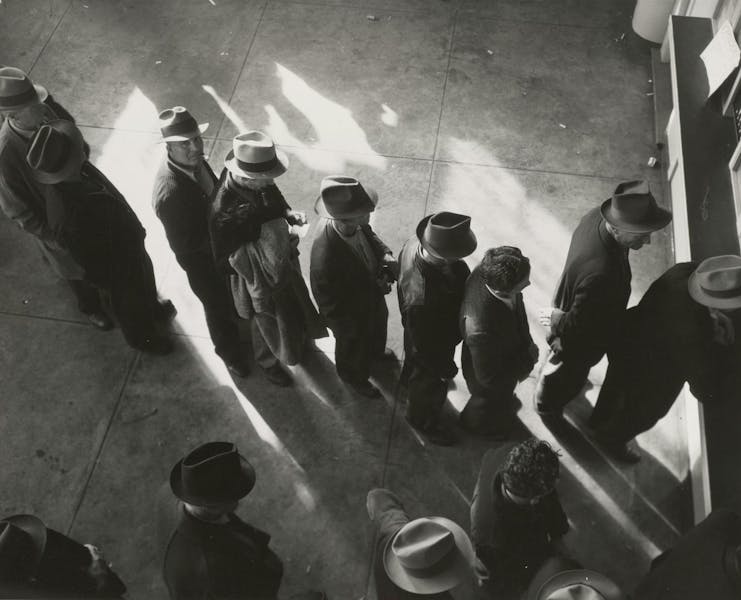The rise of independent work in America has been a significant trend in recent years, with an estimated 64 million Americans engaging in some form of independent work in 2023. These individuals are not limited to traditional professions like accountants or Uber drivers but encompass a wide range of roles such as IT consultants, makeup artists, musicians, interpreters, fitness instructors, copy editors, and truck drivers. The flexibility and autonomy that come with being an independent contractor have attracted many individuals to pursue this type of work.
However, the landscape for independent workers is facing a potential threat with the impending Department of Labor rule set to take effect on March 11. This rule aims to restrict the ability of individuals to work as independent contractors, instead pushing them towards employee status. Proponents of the rule argue that this shift is necessary to ensure that workers are protected by labor laws governing minimum wages, work hours, and unemployment insurance. They believe that transitioning contractors to employees will not significantly impact their work or lifestyles.
The example of California’s AB5 law serves as a cautionary tale for the potential consequences of restricting independent contracting. AB5, which went into effect in January 2020, has been met with widespread criticism and backlash. The law has negatively impacted over 600 professions, leading to job losses, business closures, and economic instability for many workers in the state. Even after exemptions and revisions, the detrimental effects of AB5 continue to be felt by independent workers across various industries.
One such individual affected by AB5 is Monica Wyman, a stay-at-home mom who ran a floral business with the help of contractors. The restrictions imposed by AB5 made it impossible for Monica to hire contract workers, jeopardizing her business and livelihood. The personal stories of individuals like Monica highlight the real-world consequences of laws that limit independent contracting.
Research conducted by economists at the Mercatus Center further underscores the negative impact of independent contracting restrictions. Their analysis found that AB5 led to a 10.5% reduction in self-employment and a 4.4% decrease in overall employment in California. These findings suggest that such regulations can have far-reaching consequences on the workforce and economy at large.
The impending Department of Labor rule is likely to have similar effects on independent workers nationwide, potentially leading to job losses and economic instability. Given the current state of employment in the country, with 2.6 million fewer jobs than pre-pandemic levels, further restrictions on independent work could exacerbate the situation.
It is essential for policymakers to consider the preferences and needs of independent workers when crafting regulations that impact their livelihoods. The 21st Century Worker Act, which proposes a clear and consistent test to determine employee versus independent contractor status, could provide much-needed clarity on this issue. Rather than forcing workers into employment terms they do not desire or cannot fulfill, policymakers should prioritize protecting workers’ rights to choose the type of work and compensation that best suits them. By supporting independent workers, policymakers can ensure a thriving and diverse workforce that meets the needs of both individuals and the economy as a whole.









![Starting a Side Hustle and Earning Extra Cash in [2024]: A Beginner’s Guide](https://i0.wp.com/cdn.financebuzz.com/images/2023/03/10/woman_filming_with_a_phone.jpg?ssl=1)









